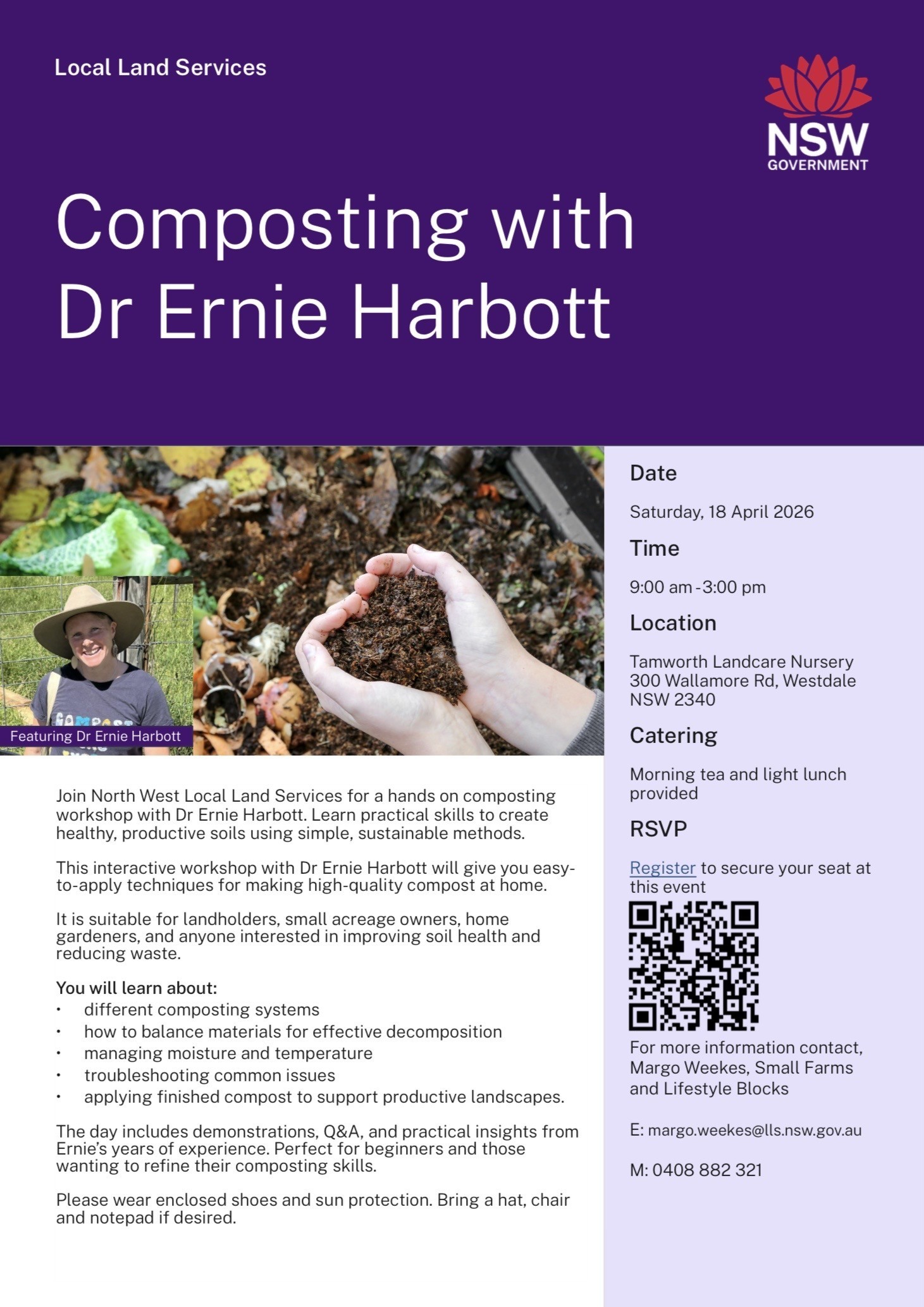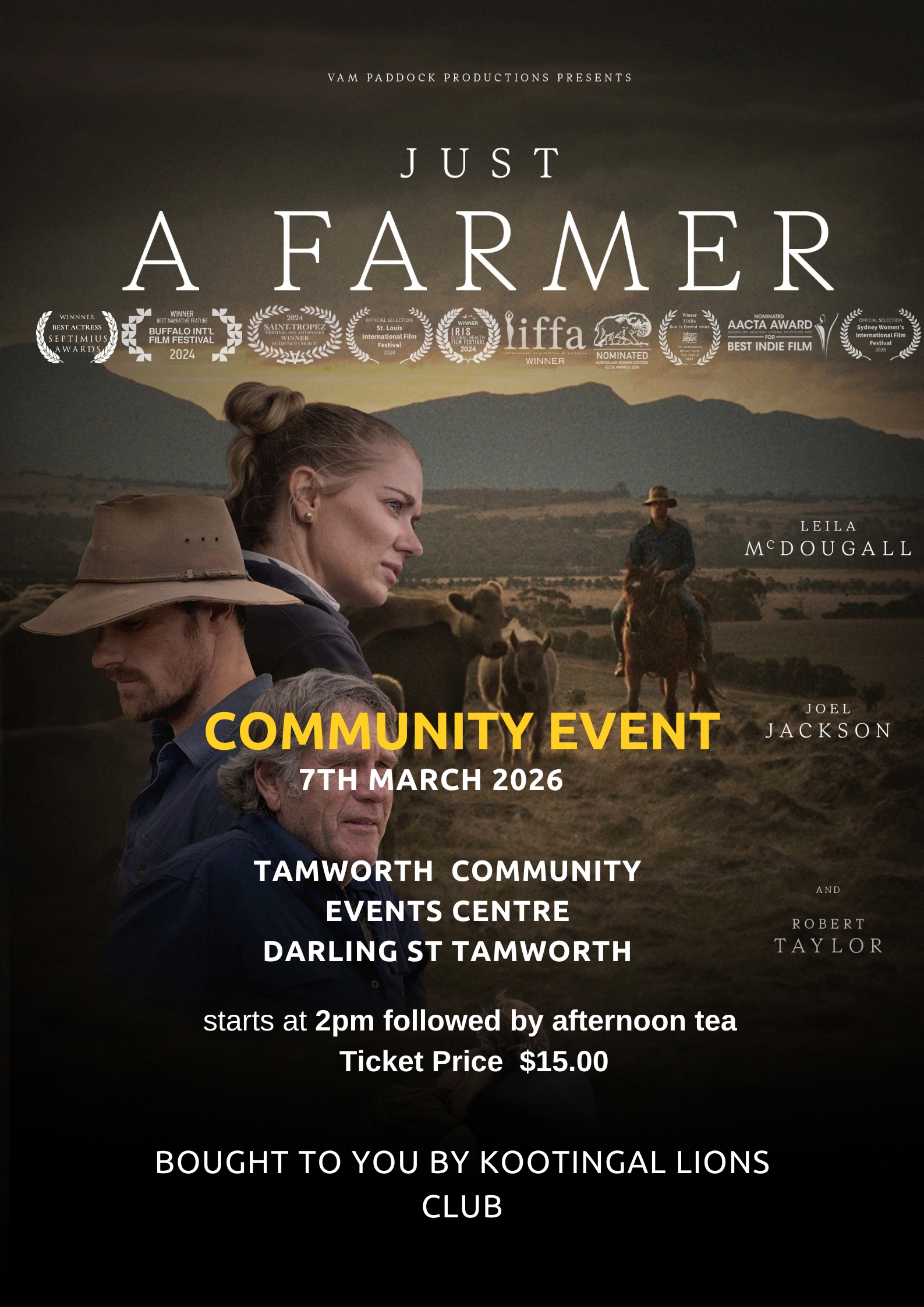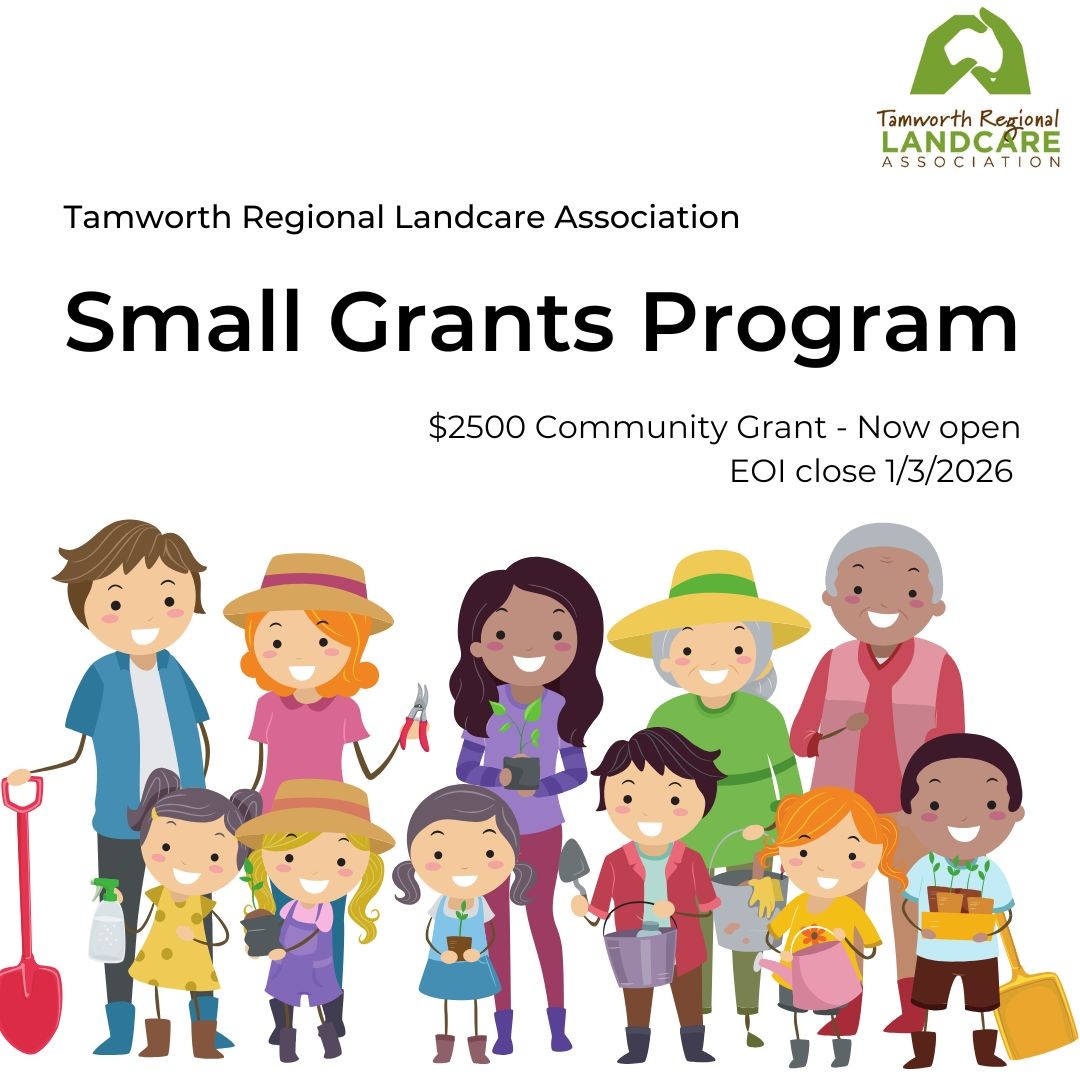The Power of Beneficial Insects and Trees on Farms
Invertebrate animals, including insects, spiders, and worms, make up over 95% of Australia’s animal diversity and around 55% of its total biodiversity. These small creatures may be easy to overlook, but they are absolutely essential to the health of our ecosystems. Invertebrates help maintain the balance in nature by breaking down organic matter, recycling nutrients, pollinating plants, dispersing seeds, and controlling pest populations. However, despite their importance, many invertebrate species are not included in conservation plans, even though hundreds are listed as threatened. Supporting these species is crucial for ensuring that our ecological and economic systems remain stable.
One of the best ways to support invertebrates on farms is by enhancing their natural habitats. Australia has over 24,000 native plant and tree species that do more than beautify a landscape—they provide food and shelter for a wide range of wildlife, including bees, birds, and frogs. Trees and shrubs planted along field edges or in dedicated tree belts boost local biodiversity, reduce radiant heat by up to 50%, and offer wind protection for livestock and crops. These plantings help with erosion management and salinity control, making farms healthier for both people and animals. By creating these mini-habitats, farmers can help beneficial insects thrive and, in turn, increase natural pest control.
On small farms, beneficial insects like pollinators and natural pest controllers play a vital role. Studies on small bean farms have shown that fields with greater plant diversity—especially with trees and flowering plants along field margins—attract more pollinators and natural predators, such as ladybugs that feed on aphids. The result? Higher crop yields and reduced need for chemical pesticides, creating a healthier farm environment. Farmers should consider planting a mix of native species in field margins to encourage these helpful insects, while carefully selecting plants to avoid non-native species that may disrupt the ecosystem.
In addition to natural plantings, farmers can introduce beneficial insects directly by purchasing them from reputable suppliers. Insects like ladybugs, lacewings, and predatory mites provide a targeted, natural pest control solution, especially for crops that may be vulnerable to aphids, caterpillars, or mites. Combined with diverse plantings of native trees and shrubs, this strategy supports a balanced and resilient farm ecosystem. By fostering habitats and introducing beneficial insects as needed, farmers can protect biodiversity while promoting long-term, sustainable productivity.
Pest management & fruit fly specialists | Bugs For Bugs
Insectariums-Case-study-AUGUST-2018.pdf





.png)
